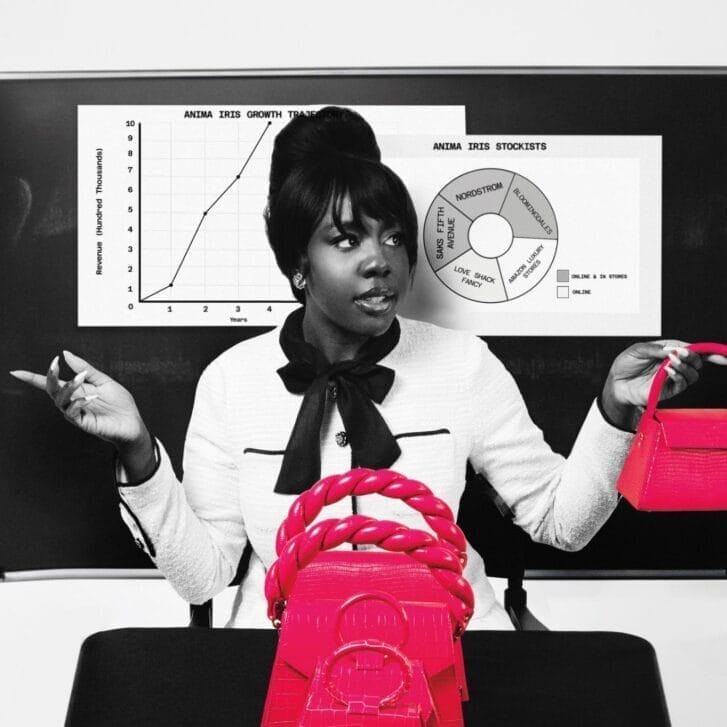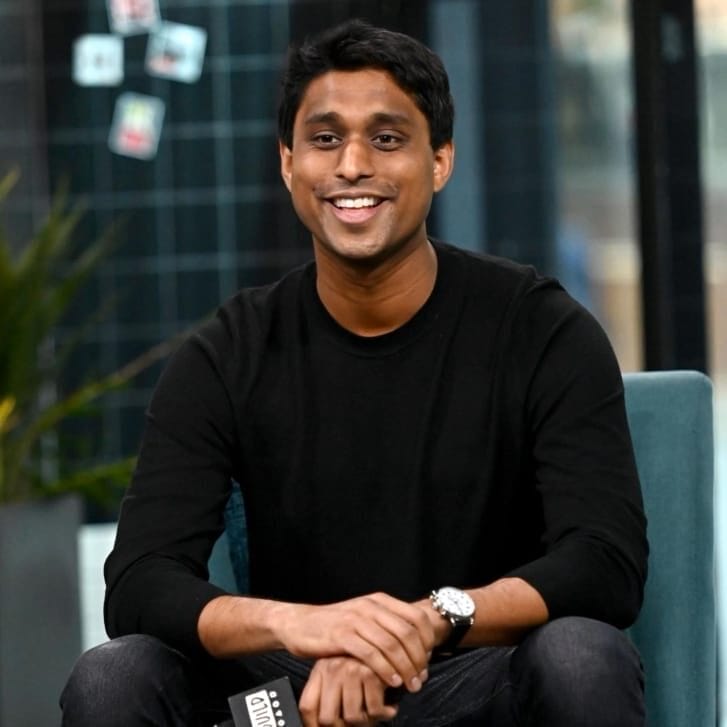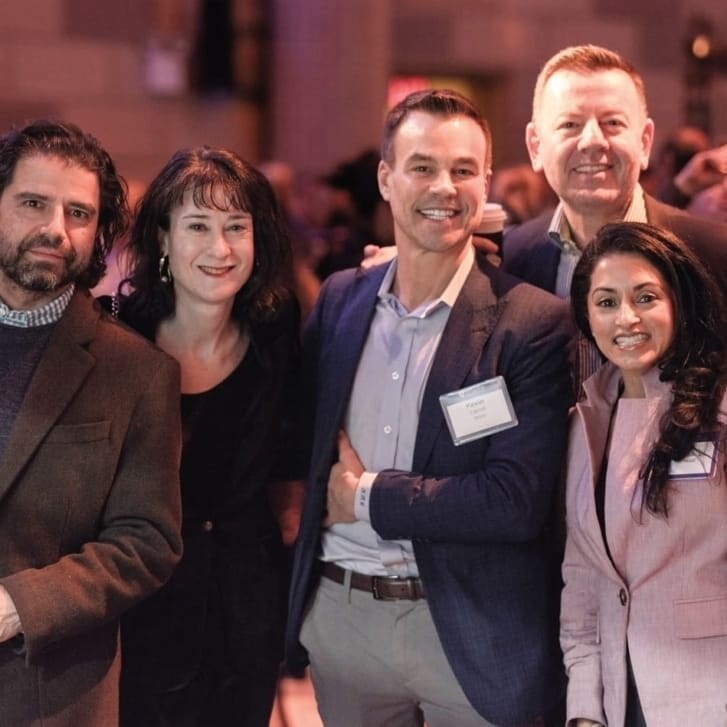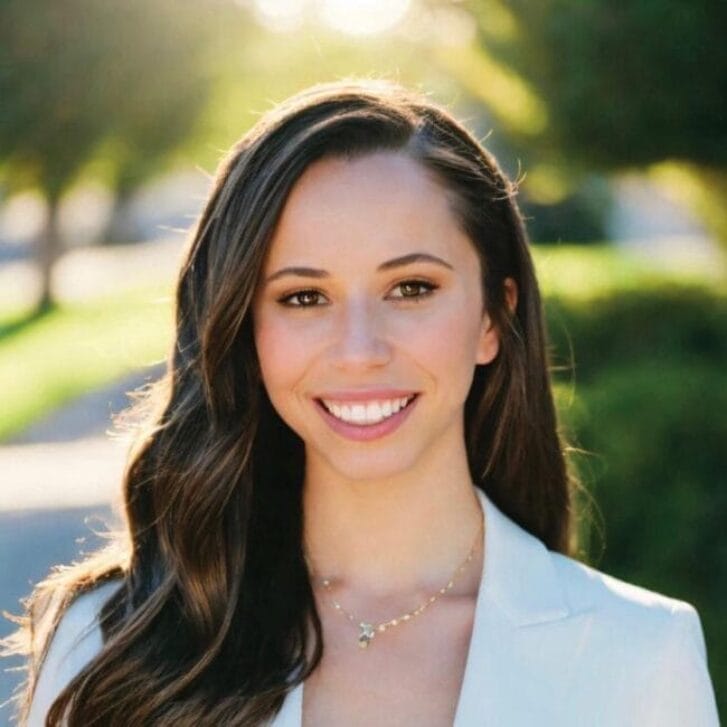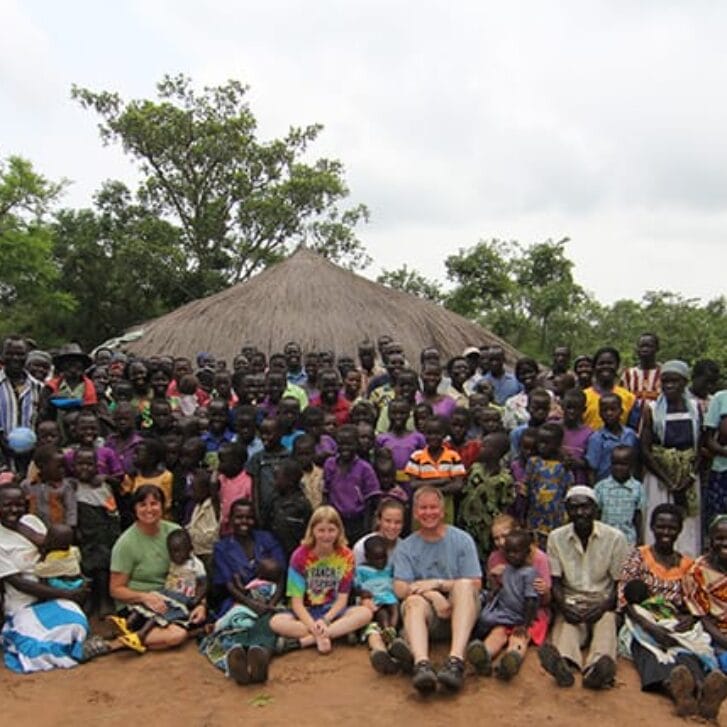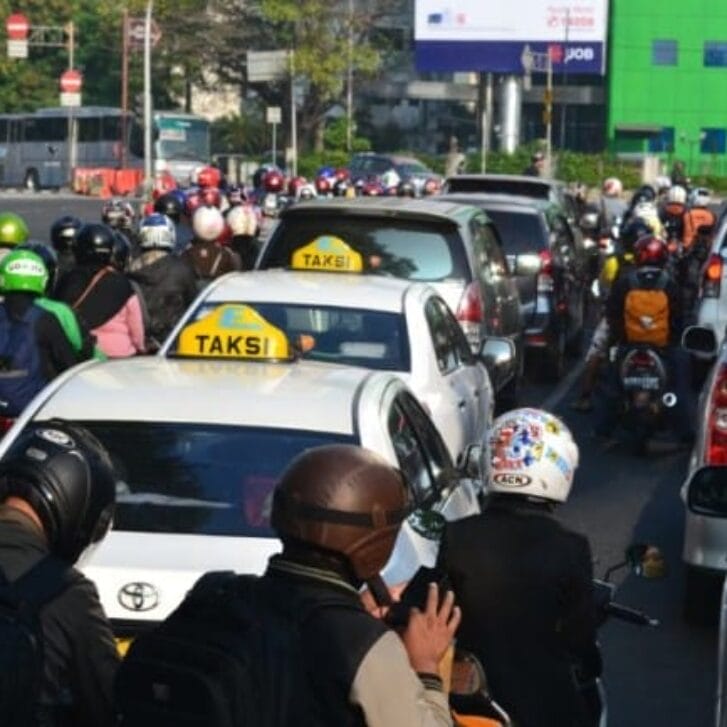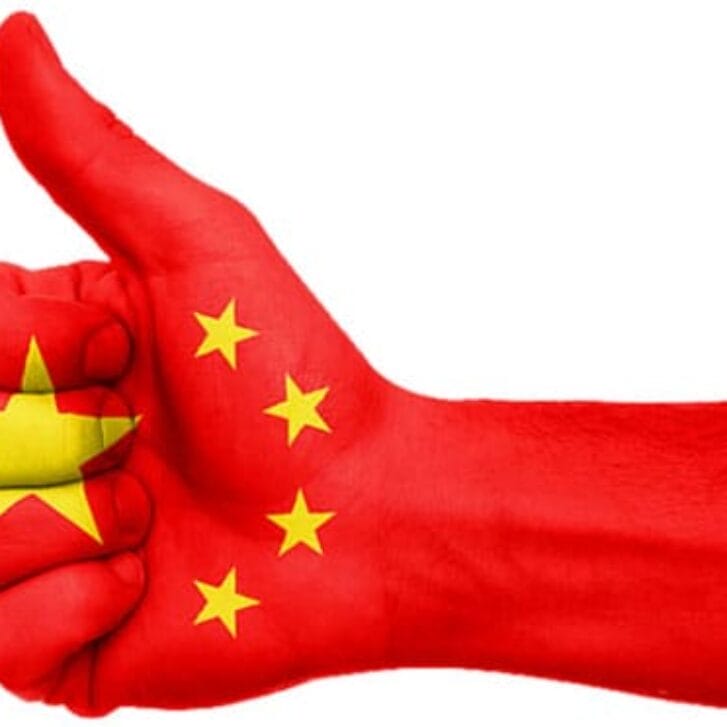Dubai has built a service economy for the Middle East, and Wharton is there.
“You come here and everything is going to be new,” said Saqib Rashid. “Where you live is going to be new. Where you work is going to be new. The malls you go to are going to be new. There are more construction cranes here than any place in the world.”
Rashid, WG’06, is not a suburban American salesman selling tract housing circa 1958, but a recent transplant to Dubai, United Arab Emirates, the mix of Vegas on the Gulf and serious business center that has attracted more than a million expatriates to settle there. Rashid, like many of those expats, is effusive about Dubai’s possibilities.
“It is a great place for young families. There are as many youth soccer leagues here as anywhere else,” said Rashid, who came to work in private equity in a family-owned business, Abraaj Capital Limited, soon after graduation two years ago. He said he had worked for a bit in Egypt before coming to Wharton, and wanted to work in this part of the Middle East, where he felt things were growing. “It’s got one of the youngest populations in world. Fifty percent of the population is under 25. And it has one of the fastest growth rates. Even on the reduced basis of the global slowdown, they are calling for 6 percent growth. Just those two numbers alone tells you about the opportunities here.”
Nearly 1.2 million people live in Dubai today, about eight times the amount who inhabited the small Arab emirate just 30 years ago. Those three decades have seen amazing growth of all sorts, and now a large corporation that does not have a presence in Dubai, or isn’t at least considering it, is clearly falling behind in the area referred to now as MENASA — Middle East/North Africa/South Asia. Even with the decrease in oil prices and the tightening of foreign investments — the dual engines that drive the region’s growth — Dubai’s significance in the region’s, and the world’s, economy is undeniable.
Raffi Amit, the Robert B. Goergen Professor of Entrepreneurship, and the academic director of the Wharton Global Family Alliance, has studied and worked with businesses centered in the region, seeing the changes firsthand. “Dubai doesn’t have any oil, so very early on, they established themselves as a center of finance, commerce, tourism, and real estate,” said Amit. “They have more gold than Fort Knox and more diamonds than Fifth Avenue. They have done a very good job in creating a tourism hub that people now come to as an alternative, say, to the Caribbean.”
Dubai, as was the rest of what are now the United Arab Emirates, was a British protectorate until 1971. Oil had been discovered there in the late 1960s, but not in the great quantities as had been found on the rest of the Arabian peninsula and across the gulf in Iraq and Iran. Many Lebanese, fleeing their country’s civil wars, settled in Dubai, giving the emirate an influx of intellectual capital. The royal family, now headed by Sheikh Mohammed Bin Rashid Al Maktoum, started the construction of the Jebel Ali port around that time, and it became the biggest man-made harbor in the world.
English is the primary business language, and religious culture has remained private, with few limitations imposed on secular and business life. “The city’s religion is commerce, in a way like America,” said Mario Moussa, the academic director of Wharton’s Executive Education program in Dubai, and coauthor of The Art of Woo: Using Strategic Persuasion to Sell Your Ideas with Wharton professor Richard Shell. “Most people are religiously observant. Cultural norms mean you don’t hug them or shake their hands in many cases, but residents consider themselves world citizens — non-ideological and supporting whatever relates to the business sector. That is what drives Dubai.”
Wharton programs, including Executive Education, have also come to Dubai, and not just as an alternative, but a destination in itself. Amit’s Wharton Global Family Alliance ran a conference in Dubai three years ago and recently presented another one for 50 business families there. Executive Education has done extensive work with Dubai World, the largest conglomerate business in the emirate, and is negotiating for sessions with other governmental and business entities there. The 2009 Wharton Global Alumni Forum for Europe, the Middle East, and Africa is scheduled there in March, and the Wharton Fellows conducted a Master Class in Dubai in October 2008.
“All these Wharton events in one place in a short time — it is unprecedented,” said Jeffrey Sheehan, Wharton associate dean for international relations. “It puts in context how Wharton feels about Dubai. It is creating a whole new crossroads. It is not just another place that pumps oil. Like bears to honey, there are a lot of people who have descended on Dubai in the last couple of years.”








